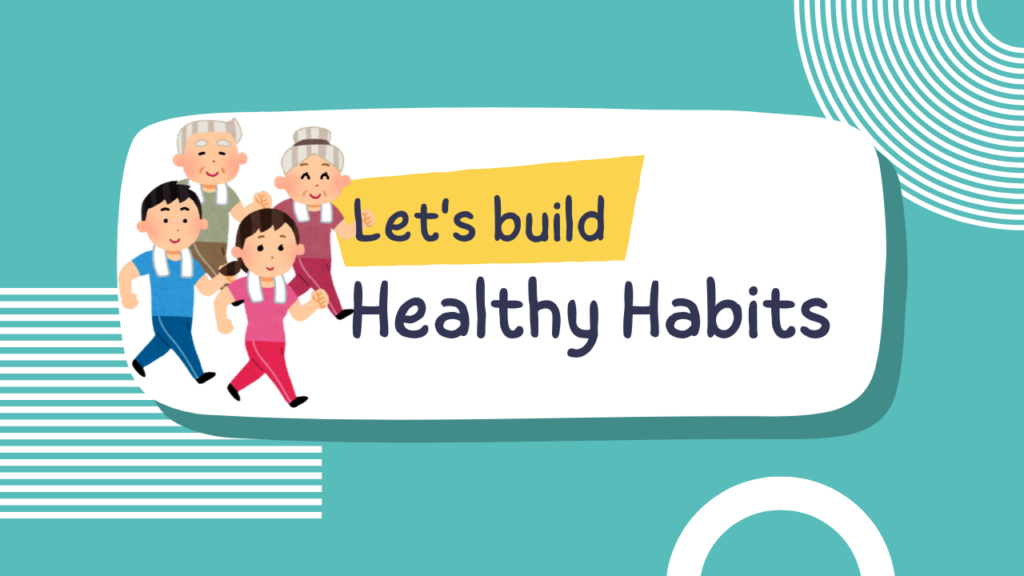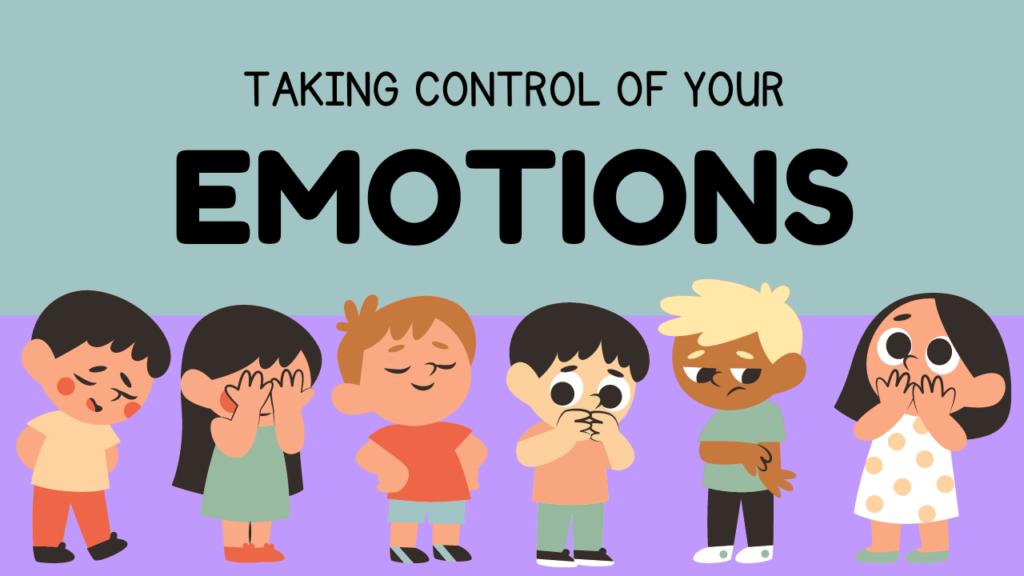Maintaining health and wellness over the long term is more than just physical health and wellness. In fact, if you want to know how to maintain heal and wellness, you need to know it includes mental, emotional, physical, and social dimensions.
Maintaining wellness is about a continuous journey of growing. Growing in self awareness, relationships, and personal fulfillment. And it’s about rest, exercise, diet, personal values, and keeping everything in alignment, or balance.
Who’s Responsible for My Health and Wellness
Before we get into how maintain health and wellness, I want to talk about where the responsibility for your health and wellness lies. I think that’s important, because so many people go about their life as if they have no part in their own well being. As if it’s either there or not, so lets just eat, drink and be merry until we’re sick and dying.

We Are Responsible for Our Day to Day Well Being
It can seem an odd concept, but we are totally responsible for the wellbeing of our own minds and bodies. Somewhere along the road we seem to have lost sight of our personal responsibility for our overall health and wellness.
Many of us are quick to assign blame to everyone and everything other than ourselves for our own unhealthy lifestyles and habits.
But, the truth is this; maintaining your health and wellness is fundamentally your personal responsibility. It is about your daily personal choices and actions that make or break your health and wellness.
Healthcare professionals are here for and do provide guidance and support, among other things. But, it’s your own primary responsibility to take care of your health and wellness-before an illness occurs.
This always means making conscious decisions about your diet, exercise, sleep, and stress management.
When you embrace healthy habits you lower your risk of chronic diseases and you improve your mental health. When you stay informed, set goals for your life, and stay proactive about your health you have a significant influence on your overall well being.
What is Wellness?
So, first of all the subject of wellness covers the active pursuit of choices, activities and lifestyles that all fit into holistic health. That means being well is more than just the absence of illness.

Wellness is more of a dynamic process of change and growth throughout a lifetime. And that naturally includes:
- Physical
- Mental
- Emotional
- Social
- Spiritual
Wellness involves taking a proactive stance when it comes to each of those. And it’s about thriving and flourishing in every aspect of your life.
What is Good Health?
The truth is that good health also includes physical, mental, and social well being. The best health is about your body parts all functioning harmoniously with your mind and spirit.
Good health is usually considered being able to perform daily activities, handling stress in a good manner, and the ability to adept to change. It includes having enough energy and vitality to go about your day as well as to recover from common illnesses and setbacks.
How To Maintain Health and Wellness?

1.Know Your Reason
Without a reason, goals simply get pushed to the wayside. For some, the reason may be to be around for grandkids and retirement. For others, it might be to keep up their work or business. Of course, the biggest reason might be something completely different.
Whatever the reason, use is at fuel to pursue your total wellness plan.
2.Construct a Health and Wellness Plan
You’ll want to be completely honest with yourself and set goals you feel are achievable by sustainable means. Crash diets and the latest exercise trends aren’t always the best route, and often lead to guilt when the goals aren’t met.
Write your goals down and examine them closely. Then design a reasonable plan to get there. Something you believe will remain for the long-haul.
Physical wellness isn’t simply about achieving a certain weight; it’s also about maintaining ideal weight.
3.H2O
Drink up! Water is good for you! Your body needs water to function properly. You’ll also want to drink extra water when you are going to be out in the heat or exercising.
4.Get Enough Quality Sleep
Taking care of your body means giving it rest too! Put away the electronics and turn off the TV. Make sure you’re getting quality sleep, or it pretty much defeats the purpose.
5.Make Healthy Choices
Look, “diets” comes and go. Don’t make the mistake of going into this as a temporary fix. This is a long-term commitment and your physical health is worth it.
You don’t have to incorporate an all-or-nothing mindset either. Just do your best to make the healthiest food choices for yourself regularly and leave the sugary treats for occasional times.
6.Get Active
Exercise is important, but you don’t have to limit your thinking to just a gym or group exercise classes. There are countless ways to incorporate an active lifestyle, even in the busiest lives. Bike riding and walking are actually modes of transportation for some. If the budget is tight and equipment is an issue, use your own weight as resistance.
How to Maintain Mental Health and Wellness

1. Practice Mindfulness and Meditation
Mindfulness and meditation are two powerful tools for your mental wellness. By learning to focus on the present moment and practicing deep breathing exercises, you can reduce stress and increase your overall sense of well-being.
2. Maintain a Balanced Diet
Did you know that a balanced diet is crucial for mental health as well as physical health. Consuming a variety of fruits, vegetables, whole grains, and lean proteins can provide your brain with the nutrients for your mental faculties to function properly.
Avoiding excessive sugar and processed foods helps maintain stable blood levels. Stable blood levels increase energy and moods throughout the day.
3. Stay Physically Active
Physical activity is a natural mood booster. Exercise releases endorphins, which are chemicals in the brain that act as natural painkillers and mood elevators. Regular physical activity can help reduce symptoms of depression and anxiety, improve sleep, and increase self-esteem.
Regular exercise helps you think more clearly by improving blood flow to the brain, which improves your cognitive functions, and memory. It also reduces stress and anxiety, leading to better focus and mental clarity.
4. Foster Social Connections
Maintaining strong social connections is vital for mental wellness. Whether through friends, family, or community groups, having a support system can provide emotional comfort and reduce feelings of isolation.
Engaging in meaningful conversations and activities with other people can enhance your sense of belonging and ability to live a happier and healthier life.
5. Prioritize Sleep
Quality sleep is fundamental to mental health. A good night’s sleep helps regulate mood, improve cognitive function, and reduce stress.
Aim for 7-9 hours of sleep per night, and establish a consistent sleep routine to promote better rest. Avoiding screens before bed and creating a relaxing bedtime routine can help improve sleep quality.
How to Take Control of Your Emotional Wellness

1.Learn to say “No”
This is a busy world, there’s no doubt about it. And it’s hard to say no when someone is asking for help. You can though, and you should. Especially if their request will put you in a bind or cause undue stress.
In fact, by saying yes you aren’t doing either one of you a favor. The results will probably come out substandard and you’ve overcommitted, taking on additional stress.
2.Don’t Negotiate with Negativity
Speaking of stress… get rid of the negativity in your life. This is your life. You have the power to allow or disallow someone to take part, or at least be a big enough part to cause stress. This includes family.
We don’t know how many days we have on this planet; wasting a single one biting your tongue around Negative Nancy spewing her relentless pessimism and horrendous attitude is fruitless.
3.Practice Self-Care
All work and no play is definitely no fun. Make sure to take some time just for yourself. Self-care isn’t indulgent, it’s necessary. Love yourself enough to spend time with yourself. Replenish and recharge your emotional energy with self-care activities.
4.Ask for Help
Look, you don’t have to do this all alone. Sometimes we just need someone to talk to or bounce an idea off of. Other times, when we feel our emotional wellbeing and stability will self-combust and reign down on everyone we know and love, it might be time to call in the professionals. Counseling works wonders when you find a therapist with whom you are confident in and trust.
5.Don’t Forget to Smile!
Be happy. Laugh every single day. Look for joy in even the simplest of things. Let positivity ooze from your pores. It takes entirely too much energy to be miserable. And when you practice positivity long enough, it becomes second nature to always look for the good.
5 Ways to Take Care of Your Social Wellness

1. Build Strong Relationships
Investing time and effort in building strong relationships with family and friends can significantly enhance your social wellness. These connections provide emotional support, increase feelings of belonging, and help you navigate life’s challenges. Regular communication and shared activities strengthen these bonds.
2. Engage in Community Activities
Participating in community activities or volunteer work can greatly benefit your social wellness. It offers opportunities to meet new people, develop friendships, and contribute to a greater cause. Being involved in the community fosters a sense of purpose and connection.
3. Develop Good Communication Skills
Effective communication is essential for healthy social interactions. Learning to listen actively, express yourself clearly, and resolve conflicts respectfully can improve your relationships. Good communication helps build trust, prevent misunderstandings, and enhance your social life.
4. Set Healthy Boundaries
Setting healthy boundaries is crucial for maintaining social wellness. It involves knowing your limits and communicating them effectively to others. Boundaries help you protect your emotional well-being, prevent burnout, and ensure that your relationships remain respectful and supportive.
5. Cultivate a Positive Social Network
Surrounding yourself with positive, supportive people can enhance your social wellness. A positive social network encourages you to pursue your goals, offers constructive feedback, and provides a sense of security. Avoiding toxic relationships and fostering positive ones can lead to a more fulfilling social life.
5 Ways to Take Care of Your Spiritual Wellness

1. Practice Mindfulness and Meditation
Mindfulness and meditation can greatly enhance spiritual wellness by helping you connect with your inner self. These practices encourage a deeper awareness of the present moment and foster a sense of peace and clarity. Regular meditation can also help you develop a more compassionate and balanced perspective on life.
2. Engage in Spiritual Practices
Participating in spiritual practices such as prayer, yoga, or attending religious services can nurture your spiritual wellness. These activities provide a sense of purpose, community, and connection to something greater than yourself. Engaging in regular spiritual practices can offer comfort, guidance, and a deeper understanding of your beliefs and values.
3. Spend Time in Nature
Spending time in nature can have a profound impact on your spiritual well-being. Nature provides a sense of tranquility and awe that can help you feel more connected to the world around you. Whether it’s a walk in the park, hiking, or simply sitting by a body of water, being in nature can rejuvenate your spirit and provide a sense of inner peace.
4. Reflect and Journal
Reflecting on your experiences and journaling can be powerful tools for spiritual growth. Writing down your thoughts, feelings, and experiences allows you to explore your inner world and gain insights into your spiritual journey. Journaling can help you process emotions, set intentions, and track your personal growth over time.
5. Seek Purpose and Meaning
Finding purpose and meaning in life is essential for spiritual wellness. This can involve pursuing activities and goals that align with your values and passions. When you have a clear sense of purpose, you feel more fulfilled and motivated, which contributes to a deeper sense of spiritual well-being.
Summary
Knowing how to maintain health and wellness and following through is the key to living a life worth living. And you can’t forget that it’s more than just physical well being, but also, mental, emotional, spiritual and social.
But it won’t just happen for you. In fact, knowing how to maintain health and wellness is just the beginning. Taking steps to ensure you get the most out of life is your responsibility. It’s your commitment to health and wellness that is an investment in your future.
